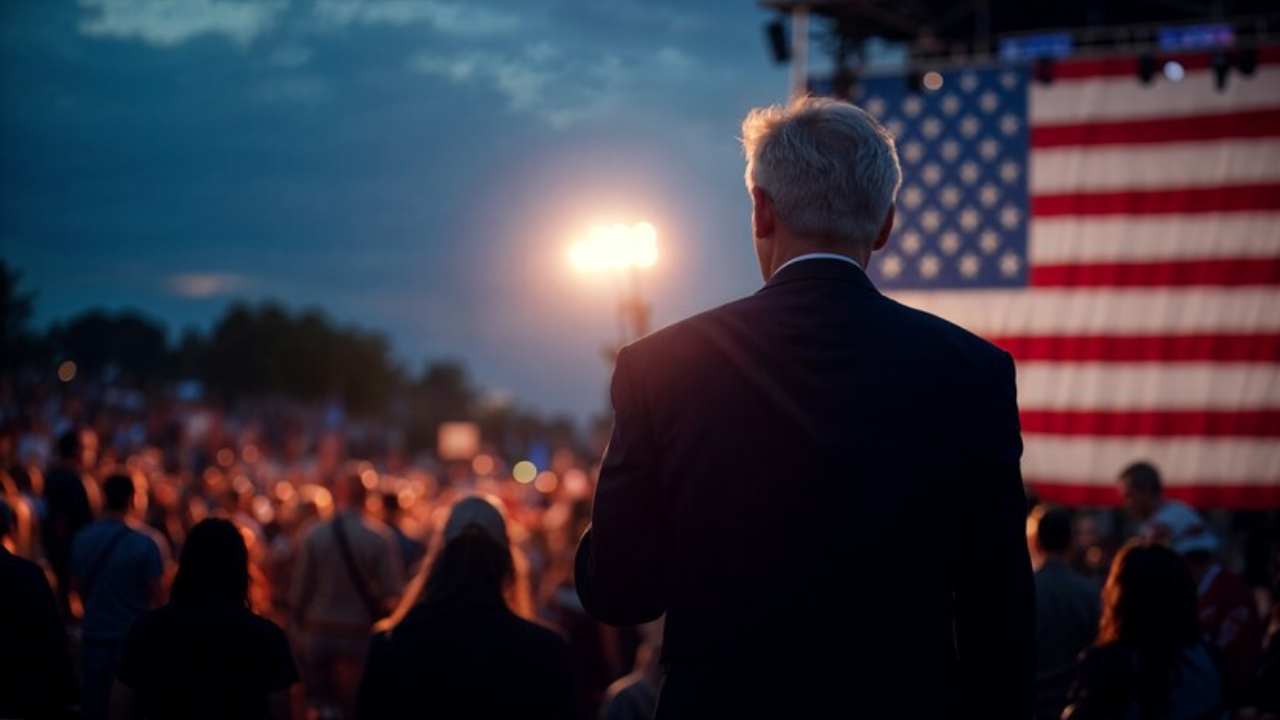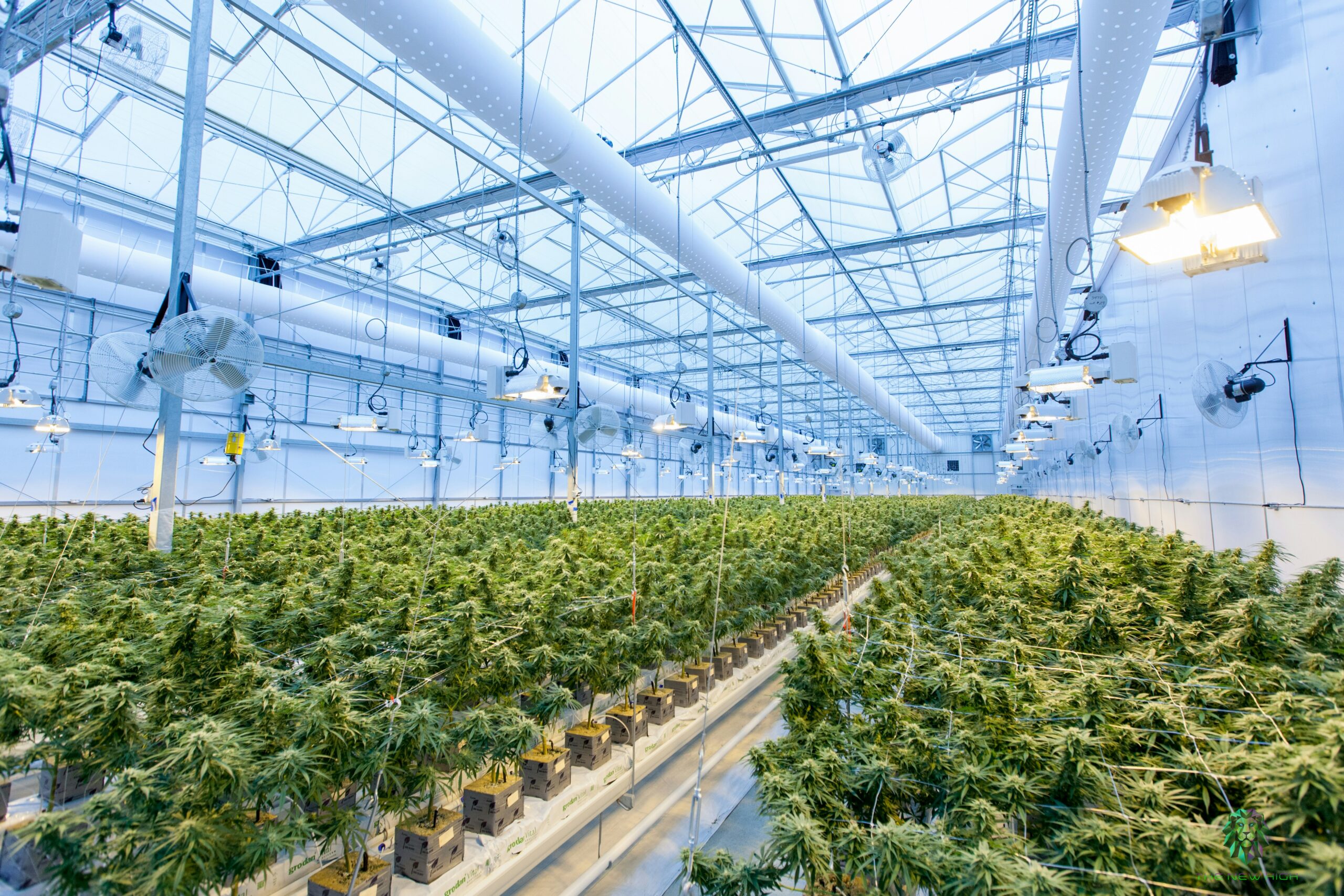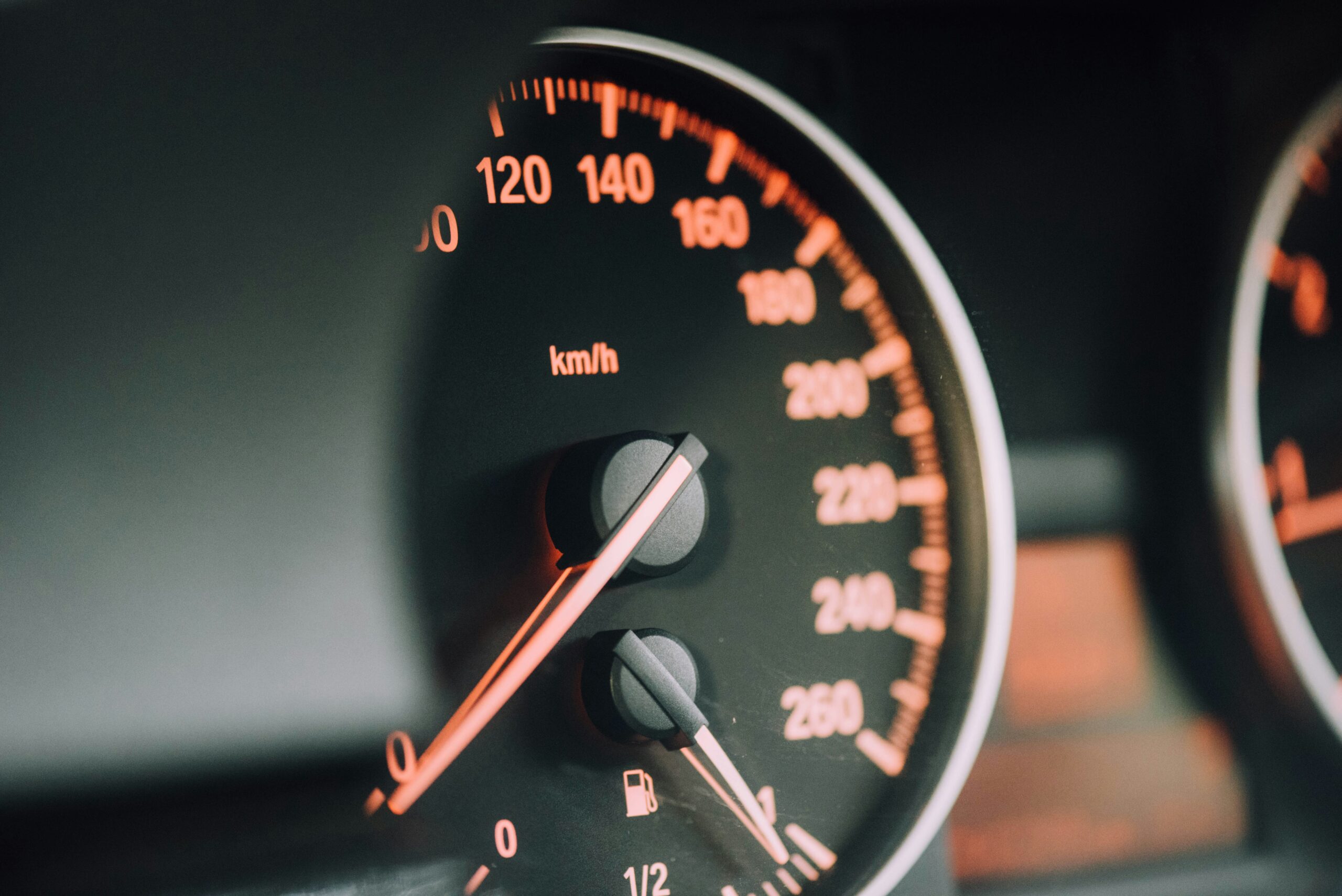Introduction to the Prayer Movement
Faith and politics often dance a delicate waltz in American society, but few moments have captured attention quite like Trump’s Prayer Movement. This unique intersection is not merely a backdrop; it has shaped campaigns, influenced policies, and sparked passionate debate among citizens. As we delve into the origins of faith-based politics in America and examine how Trump harnessed this powerful force during his presidential campaign, we’ll uncover the nuances that define this movement. The impact on his presidency was profound, drawing both fervent supporters and sharp critics. Join us as we explore the evolving landscape of faith-infused political action and consider what lies ahead for religion’s role in shaping America’s political future.
History and Origins of Faith-Based Politics in America
Faith-based politics in America has deep roots, intertwining with the nation’s founding principles. The early settlers brought religious convictions that shaped societal norms and governance.
Throughout history, significant moments like the Great Awakening infused spiritual zeal into political life. This led to movements advocating for social reforms, such as abolition and women’s rights, where faith played a pivotal role.
The 20th century saw the rise of evangelicalism influencing electoral outcomes. Leaders harnessed this power to rally support around moral issues ranging from abortion to education.
As technology advanced, so did communication strategies within religious communities. Churches became hubs for activism, leveraging their platforms to sway voters while fostering a sense of community engagement.
This intersection of faith and governance continues to evolve today, reflecting broader cultural shifts and challenges faced by American society.
How Trump Used Religion in His Campaign
During the 2016 election, Trump strategically embraced Christian rhetoric. He recognized that evangelical voters were crucial to his success.
His campaign featured rallies that included prayer and references to faith. This approach helped him connect with a demographic that felt overlooked by traditional politicians.
Trump’s promises to appoint conservative judges resonated deeply with religious communities concerned about issues like abortion and religious liberty. His selections appealed strongly to those who prioritize faith-based values in governance.
Additionally, he often quoted scripture, using it as a tool to galvanize supporters. These moments created an emotional bond between him and his followers.
The role of prominent evangelical leaders also cannot be understated. Their endorsements lent credibility and further solidified Trump’s image among devout Christians seeking representation in politics.
The Impact of the Prayer Movement on Trump’s Presidency
The prayer movement played a crucial role during Trump’s presidency. It provided him with an enthusiastic base of evangelical supporters who felt aligned with his values and policies. This connection was vital for mobilizing voters.
Trump often embraced religious rhetoric, using it to strengthen ties with this influential demographic. Events like the National Day of Prayer showcased his commitment to faith-based initiatives. These gatherings energized his followers and highlighted the significance of religion in governance.
Moreover, the administration’s focus on issues important to evangelicals, such as opposition to abortion and support for Israel, reinforced that bond. The presence of spiritual leaders at key events gave legitimacy to his agenda.
However, this strong alignment also sparked debates within broader society about the intertwining of politics and faith. Critics argued that it blurred lines essential for maintaining secular governance in a diverse nation.
Criticisms and Controversies Surrounding the Movement
Critics of Trump’s prayer movement argue that it blurs the lines between church and state. Many believe this fusion undermines the separation mandated by the Constitution.
Some faith leaders have expressed concern about politicizing religion. They worry that aligning closely with a political figure diminishes spiritual integrity. This has led to debates within religious communities about authenticity and purpose.
Furthermore, the emphasis on prayer can be viewed as a deflection from pressing social issues. Critics suggest focusing solely on spirituality ignores systemic problems like poverty and inequality.
Controversies also arise around who is included in these movements. Many feel marginalized if their beliefs don’t align with those championed by Trump’s supporters. The perception of exclusivity fosters division among various faith groups striving for unity in challenging times. These discussions continue to shape how both politics and faith interact in America today.
Future Implications and Possibilities for Faith-Based Politics
The landscape of faith-based politics is evolving. As younger generations engage with spirituality differently, new dynamics are emerging within political discourse.
Trump’s Prayer movement has energized many conservative voters. This enthusiasm could shape future campaigns and policies, pushing candidates to align more closely with religious values.
However, this alignment isn’t without risks. There’s a growing divide between secular and religious communities. Candidates may find themselves navigating complex waters as they appeal to both groups.
Moreover, the rise of social media continues to amplify voices from all sides. Grassroots movements can garner attention rapidly, potentially shifting priorities in political agendas.
Faith-based initiatives might also gain traction in addressing social issues like poverty and education reform. The blending of faith-driven compassion with pragmatic solutions could redefine how politicians connect with their constituents moving forward.
As these trends develop, the role of religion in politics will undoubtedly spark ongoing debate among citizens and leaders alike.
Conclusion: The Role of Faith in American Politics
Faith has always played a pivotal role in American politics. It shapes the values and beliefs of millions, influencing how people view their leaders and policies. Trump’s Prayer Movement is a reflection of this deep-rooted connection between faith and political action.
Throughout history, religion has been used as both a beacon of hope and a tool for mobilization. Trump’s approach to intertwining prayer with politics underscores how faith can galvanize support among certain voter bases. His ability to connect with evangelical Christians was strategic, tapping into their desire for representation within the government.
As we look ahead, it’s clear that the intersection of faith and politics will continue to evolve. The engagement seen during Trump’s presidency may inspire future leaders to harness similar strategies or spur counter-movements advocating for secular governance.
While some embrace this blend of spirituality and politics wholeheartedly, others remain skeptical about its implications for democracy. The ongoing dialogue surrounding these themes ensures that they won’t fade away anytime soon.
Faith remains an integral aspect of American identity—shaping perspectives on leadership while raising questions about the future direction of political discourse in our nation. As society grapples with these dynamics, understanding movements like Trump’s Prayer becomes crucial in navigating America’s complex landscape.











